The child who desires education will be bettered by it; the child who dislikes it disgraced
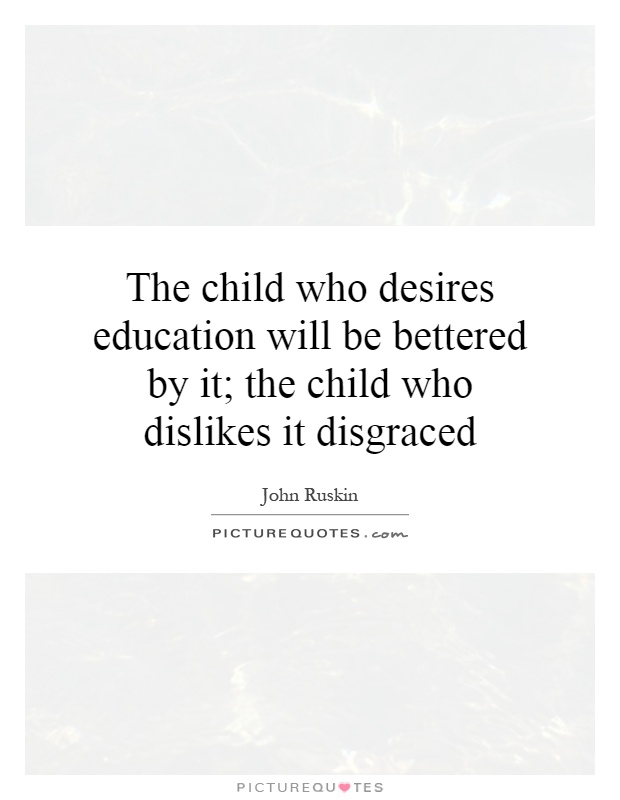
The child who desires education will be bettered by it; the child who dislikes it disgraced
John Ruskin, a renowned English writer, art critic, and social thinker, once said, "The child who desires education will be bettered by it; the child who dislikes it disgraced." This statement holds true even in today's society, where education is considered a fundamental right and a key to success.Ruskin's words emphasize the importance of having a positive attitude towards education. A child who is eager to learn and improve themselves through education will undoubtedly benefit from it. Education opens up a world of opportunities and possibilities, allowing individuals to broaden their horizons, develop critical thinking skills, and acquire knowledge that will serve them well throughout their lives.
On the other hand, a child who dislikes education and refuses to engage with it is likely to face challenges and setbacks in their personal and professional lives. Without a solid educational foundation, they may struggle to find meaningful employment, make informed decisions, and navigate the complexities of the modern world. In essence, a lack of education can lead to missed opportunities and a sense of disgrace or regret.
Ruskin's words also highlight the societal implications of education. In a world where knowledge is power, those who value education and seek to better themselves through learning are more likely to succeed and contribute positively to their communities. By contrast, individuals who reject education and remain ignorant or apathetic towards learning may find themselves marginalized or left behind in an increasingly competitive and fast-paced world.



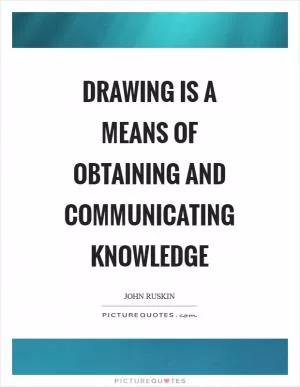



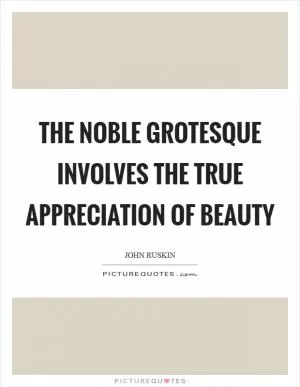
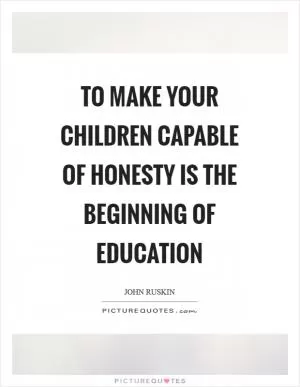


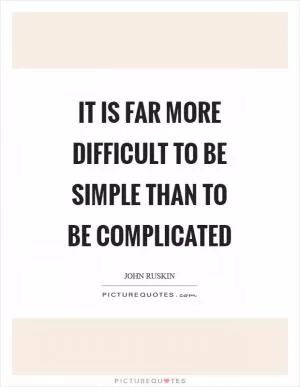
 Friendship Quotes
Friendship Quotes Love Quotes
Love Quotes Life Quotes
Life Quotes Funny Quotes
Funny Quotes Motivational Quotes
Motivational Quotes Inspirational Quotes
Inspirational Quotes